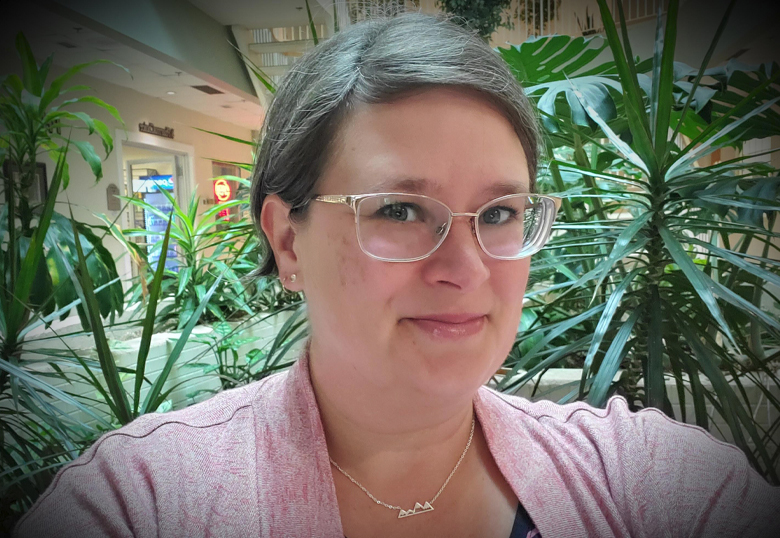A new study by University of Lethbridge researchers has shown parents of children with complex mental health-care needs face enormous struggles trying to find appropriate services in Alberta’s public health system.
Dr. Brenda Leung, a U of L Faculty of Health Sciences professor, and her team interviewed 16 parents from across the province who had a child under the age of 18 diagnosed with a mental health condition to learn about their experiences as they searched for care and resources for their child. The study was recently published in the Journal of Child Health Care.

“We don’t know much about the challenges families face as they navigate the health-care system to find treatments for their children,” says Leung. “In this study, we wanted to capture the voices of families on how to improve access to health-care services.”
The results revealed three main themes. Parents talked about fragmented health-care services, difficulty in navigating a complex system and the distress parents experienced as a result.
“The reality for many families and parents is that looking for and finding care they need is not an easy process,” says Leung. “There are gaps and barriers hampering the parents’ experience and it’s not in any one region, per se; it’s across Alberta, unfortunately. Those who live in more isolated locations struggle even more to find services and help. People in urban centres have a hard time trying to figure out who to see or where to go when their child has more complicated types of mental health issues.”

Wandler describes the issues she’s grappled with in a documentary created by a filmmaker in coordination with the researchers; similar stories were shared by other parents in the study.
They described having to try many avenues to find the help they need. One parent described carrying a binder with their child’s documentation because the various doctors involved didn’t communicate directly with each other.
“The lack of communication among professionals within health care and outside of health care across different sectors like social services and schools make it hard to have a continuum of care for the child,” says Leung.
Parents did report some positive experiences. Having a physician, nurse or frontline worker who understands, listens and pays attention to the parents’ concerns really helped the families deal with their concerns. However, one finding that surprised Leung was the amount of distress parents expressed and how some parents were traumatized by their experiences in dealing with the health-care system. Not being able to find help for their child left them feeling isolated and sometimes judged.
“There’s also very little support for parents, who are already experiencing stress from dealing with a sick child,” says Leung. “Going outside and seeking help for your child and not getting it, as well as not knowing where to go is another added stress that affects their own mental health.”
Wandler can certainly identify. She once spent weeks filling out paperwork and getting the needed documentation to apply for an Alberta Health Services program at the direction of the school psychologist, only to be told her child wasn’t eligible. She’s also had to sort out mistakes made by organizations whose mandate is to provide support, something that has cost her both time and money. She’s faced a nine-hour wait in a hospital emergency room only to be told she shouldn’t have brought her child in to begin with.
“That’s just the tip of the iceberg,” says Wandler. “There’s a big disconnect within the health-care system and also between the health-care system and the education system.”
Parents had no difficulty coming up with practical recommendations and feasible solutions, including the option of having virtual or telehealth appointments, especially for those who live in rural or remote areas. A multi-system approach, where health care, the school system and social services have the same information and can collaborate, would also help provide appropriate and timely supports.
“One thing that really needs to improve is continuity of care while accessing public health services,” says Wandler. “If there was somebody who was assigned to follow your case through the system and help streamline things, that would make a world of difference.”
She also recommends the establishment of an advisory committee whose members are parents and caregivers who’ve experienced the system firsthand, so those in the health and education ministries can hear directly from the families they’re affecting when they make decisions.
“I hope the study and the accompanying documentary affect some positive change for families navigating the provincial health-care system, that health-care providers would be more compassionate and services would become more plentiful, more user-friendly and streamlined,” says Wandler.
Leung says the researchers are tentatively planning for the next step, which is to bring different sectors together and examine the feasibility of implementing solutions in Alberta that have succeeded elsewhere.
